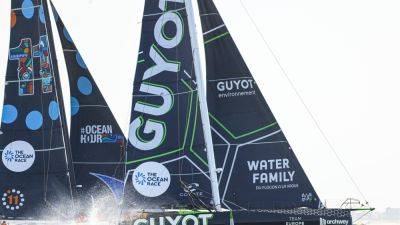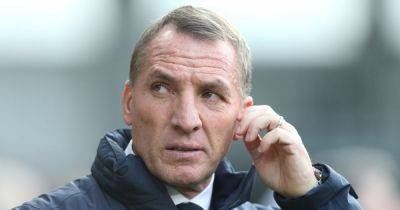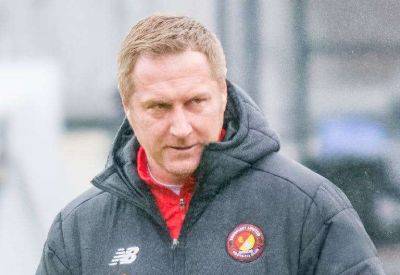Germany wants to end Europe’s semiconductor dependence on Asia. Is it up to the challenge?
From use in electric cars and smartphones to wind turbines and even missiles, electronic chips - or semiconductors - are the "oil of the 21st century," components on which "everything else depends".
These were the words of Germany’s chancellor Olaf Scholz at the inauguration of a new factory built by the German semiconductor manufacturer Infineon earlier this month.
On a trip to Seoul last weekend, he again spoke to his Korean counterparts about semiconductors, calling on South Korea to invest in Europe to strengthen supply chains.
The European Union's stated objective is to reach 20 per cent of the world market by 2030, twice as much as its share today. In order to hit this target, it will require a fourfold increase in production on the Old Continent.
This is the aim of the European "Chips Act," which was concluded by EU lawmakers in April, which plans to mobilise €43 billion in public and private investment.
As Europe's largest economy, Germany is spearheading this movement to reduce dependence on Asia.
In addition to Infineon's new factory in Dresden - a €5 billion project - the American groups Intel and Wolfspeed have announced major investments in Germany in recent months.
It would be a major win for Germany if it were to win the first European factory of the Taiwanese group TSMC - one of the world's largest chip manufacturers.
Discussions have been underway for more than a year for a plant in the Dresden region, Europe's leading microelectronics hub, already dubbed "Silicon Saxony". A decision is expected in August at the earliest, according to TSMC.
An unachievable goal?
But some 200 km away in the Magdeburg region, the euphoria generated last year by the announcement of a €17 billion investment by the American giant Intel








